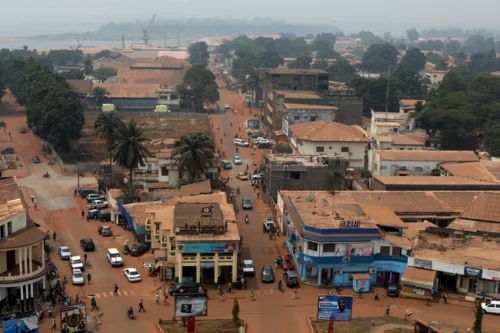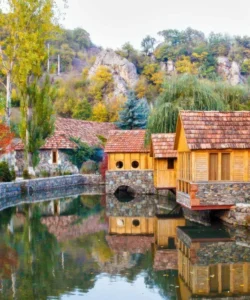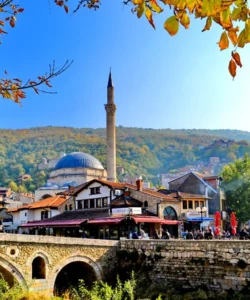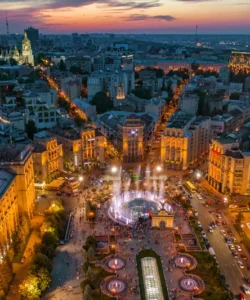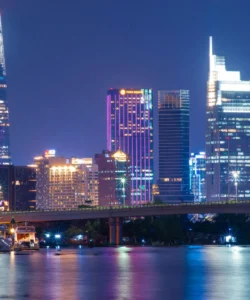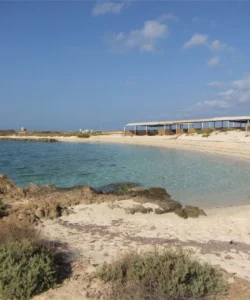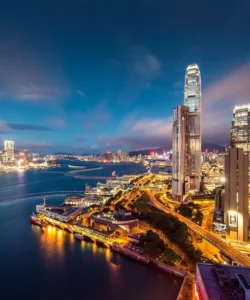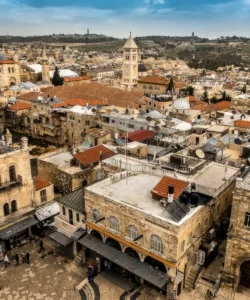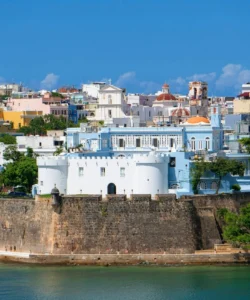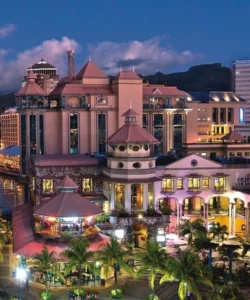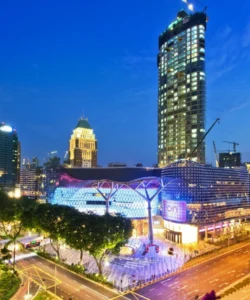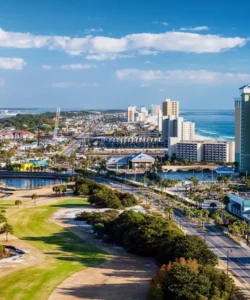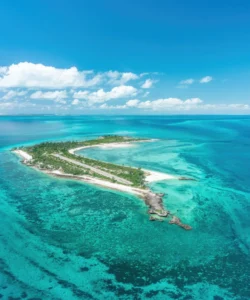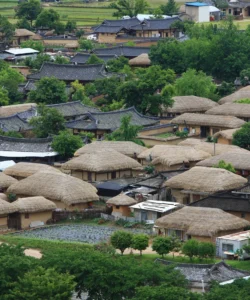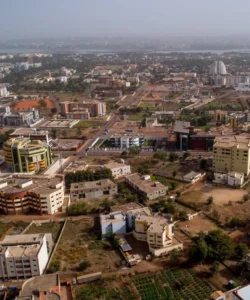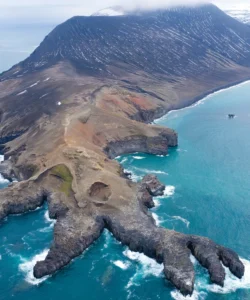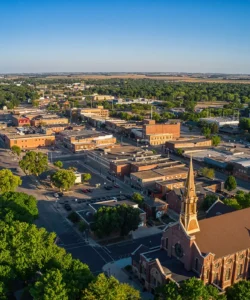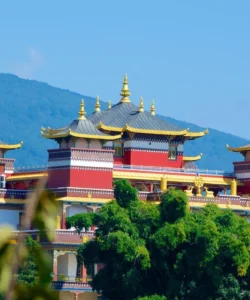The Central African Republic (CAR) is a landlocked country in Central Africa.
Listen to an introduction about Central African Republic
![]()
Here’s an overview:
- Area: Approximately 622,984 km²
- Population: The population for 2023 was estimated at around 5.74 million, with projections for 2025 reaching around 6.09 million.
- Capital: Bangui
- Languages: The official languages are French and Sango. Sango is widely spoken as a lingua franca, with an estimated 92% of the population able to speak it. Many indigenous languages also exist.
- Currency: Central African CFA Franc (XAF)
- Religion: Christianity is the predominant religion (around 75-89%), with a significant Protestant majority (61%) and a Catholic minority (28%). Islam is practiced by 9-15% of the population, mainly in the northern border areas. Traditional African religions are also present.
- Major Cities: Bangui is the capital and largest city.
- Attractions:
- National Parks: The CAR is known for its national parks and diverse wildlife.
- Manovo-Gounda-Saint Floris National Park
- Dzanga-Sangha National Park (part of the Dzanga-Sangha Complex of Protected Areas, known for forest elephants and gorillas)
- Andre Felix National Park
- Bamingui-Bangoran National Park
- Natural Wonders:
- Chutes de Boali (Boali Waterfall)
- Cultural Sites:
- Boganda National Museum (in Bangui)
- Notre-Dame Cathedral (in Bangui)
- National Parks: The CAR is known for its national parks and diverse wildlife.
- Wonders: While not designated as one of the “Seven Wonders of the World,” the country’s rich biodiversity and natural landscapes, particularly its national parks, are considered natural wonders.
- Architecture: The architecture in the CAR often reflects its colonial past mixed with local building traditions. In Bangui, you can find a blend of urban structures and more traditional dwellings.
- Roads: Road infrastructure can be challenging, especially outside of major cities, with many unpaved roads.
- Hotels & Restaurants: In Bangui, you’ll find a range of hotels and restaurants, though options may be limited in more remote areas. Restaurants often cater to expatriates.
- Cuisine: Central African cuisine is diverse, influenced by neighboring countries. Staple foods include cassava, plantains, and rice, often served with sauces and meat or fish.
- Common Dishes:
- “Boule”: A starch ball served with sauces and meat or fish.
- “Maboké”: Smoked fish.
- “Fufu”: Cassava dough, often made from manioc flour.
- Peanut soup: A popular dish.
- Grilled meats: Chicken and goat are common, and wild game is also consumed, especially in rural areas.
- Koko leaf: Eaten in forested areas and markets.
- Okra (gombo): A popular vegetable.
- Ingredients: Peanuts, palm oil, chili peppers, garlic, and ginger are frequently used.
- Beverages: Locally brewed beer, palm wine, and banana wine are alcoholic options, while ginger beer is a common non-alcoholic drink.
- Common Dishes:
Note: It’s important to be aware that the Central African Republic has faced significant security challenges. Travel advice from many governments strongly advises against non-essential travel due to the dangerous security situation, threat of terrorism, kidnapping, and violent crime. If travel is undertaken, professional security advice is highly recommended.
